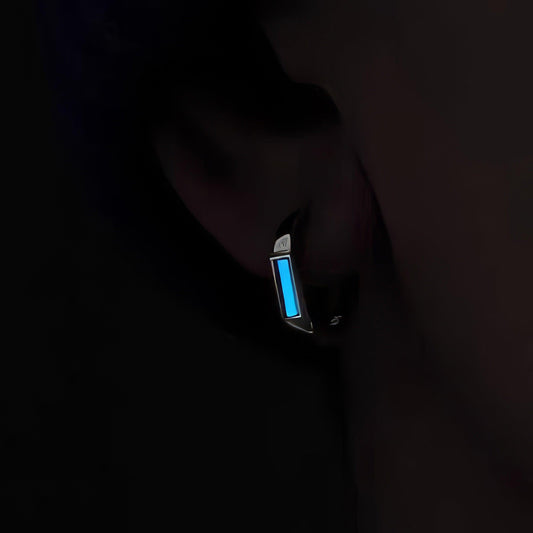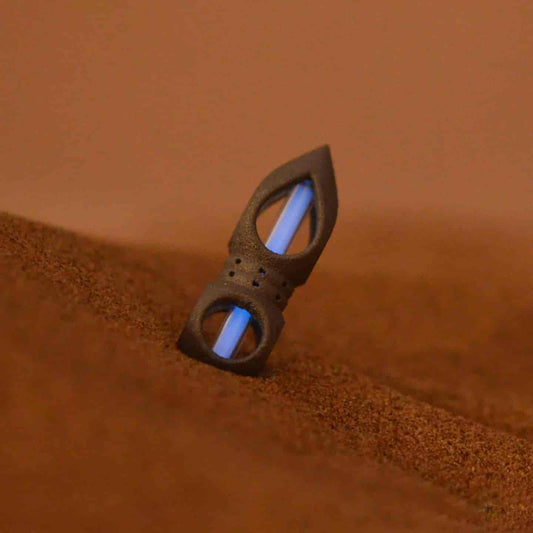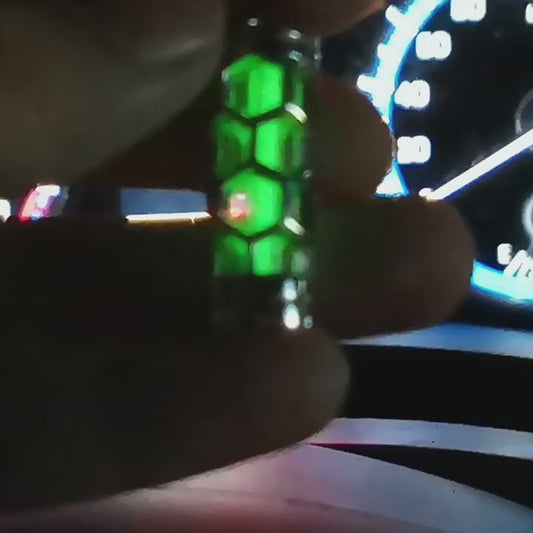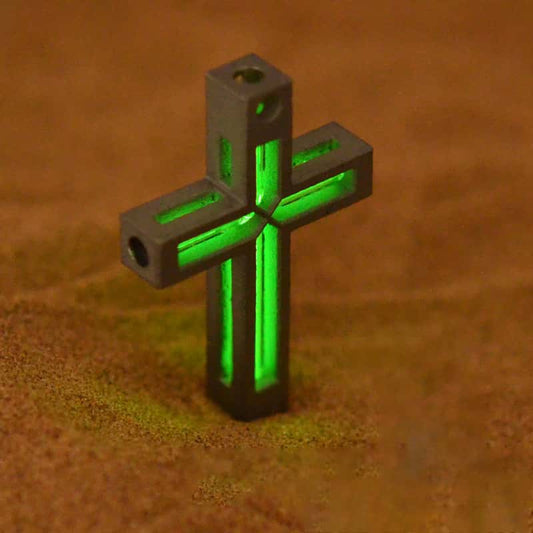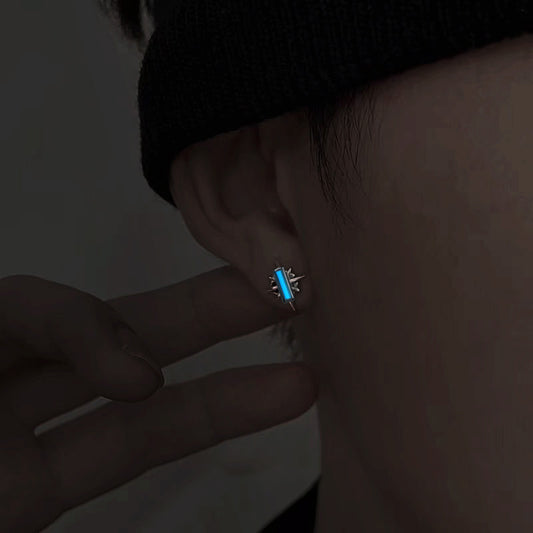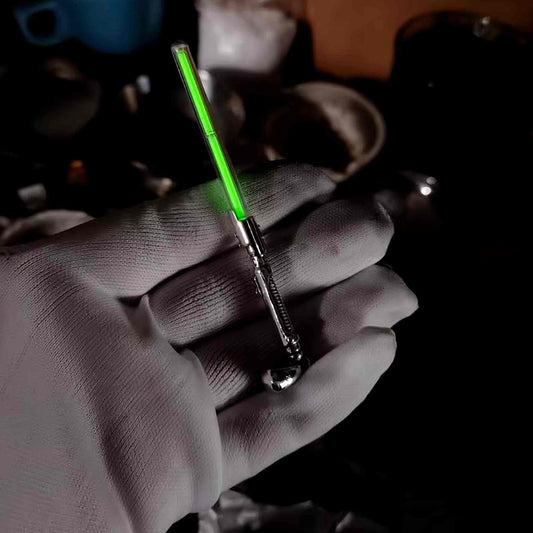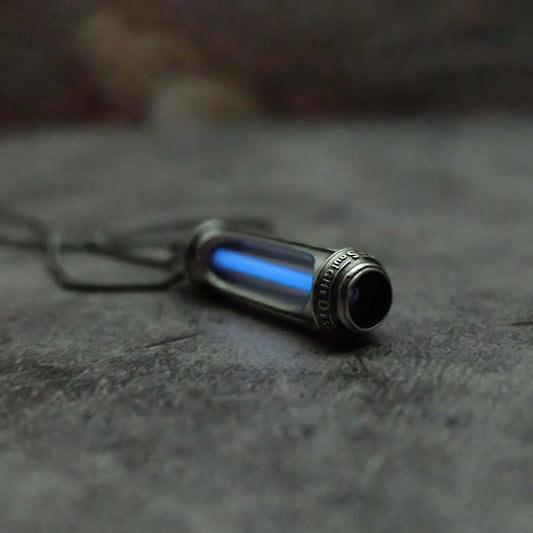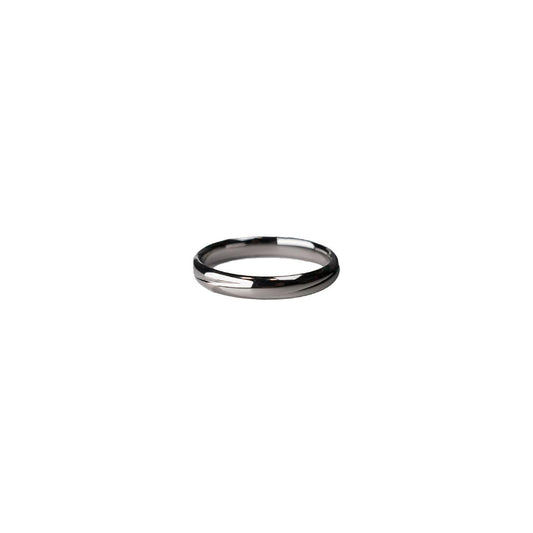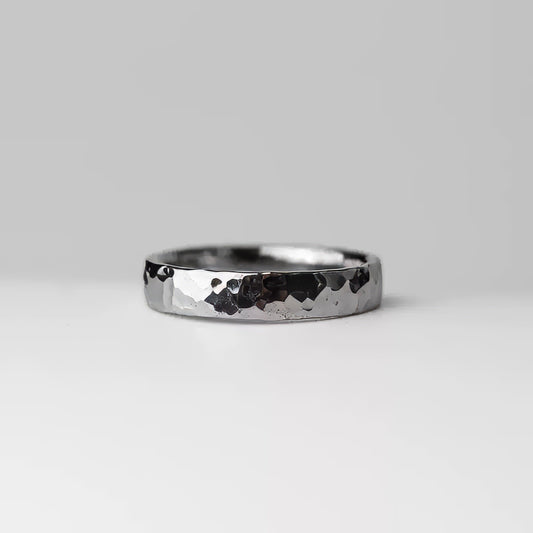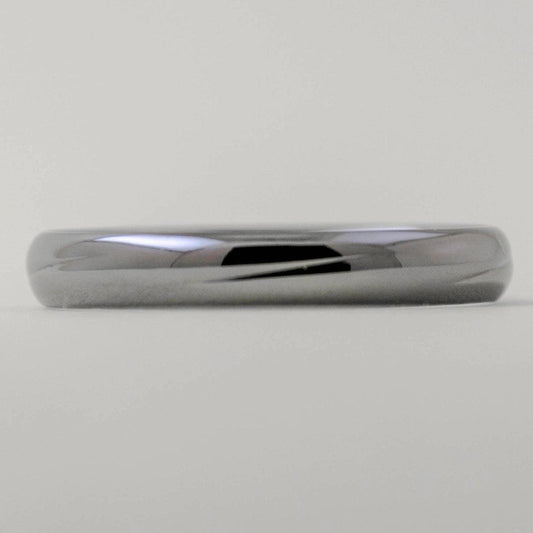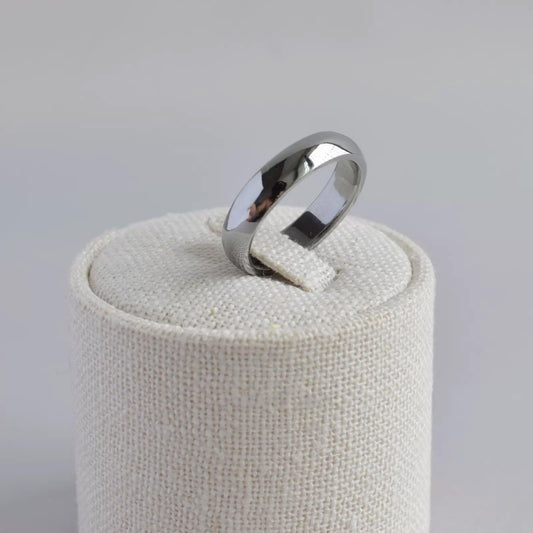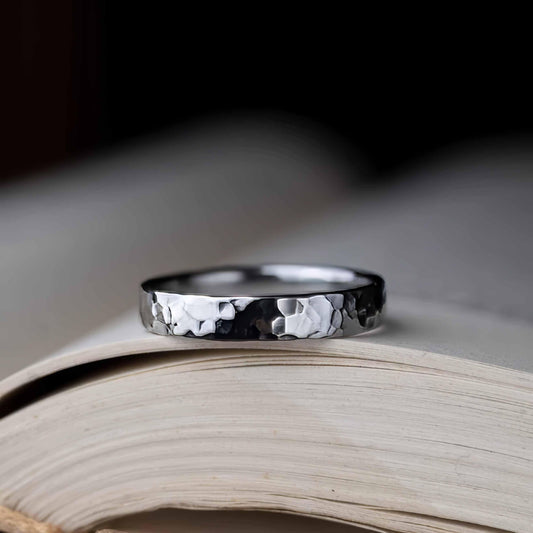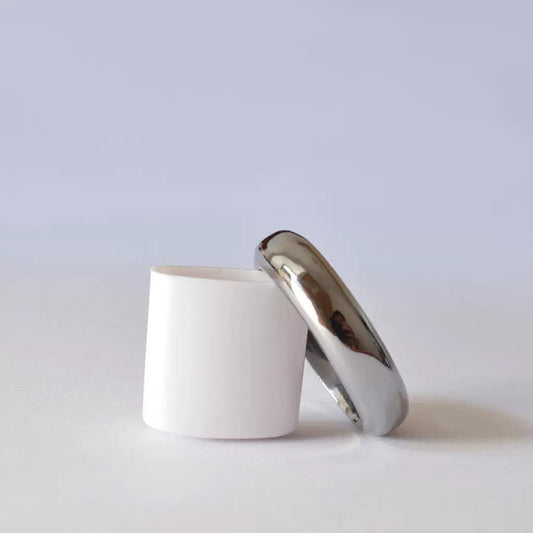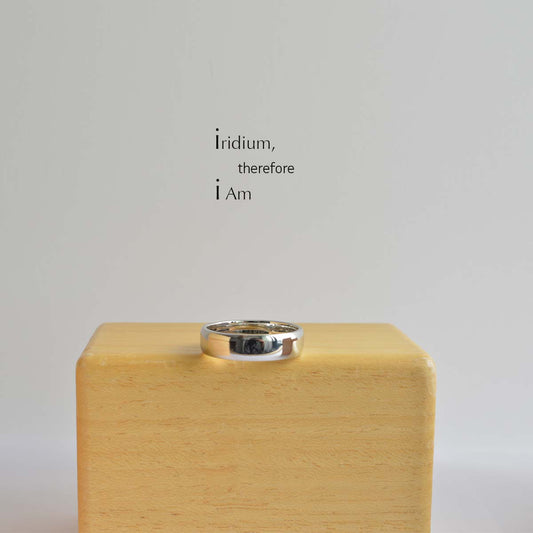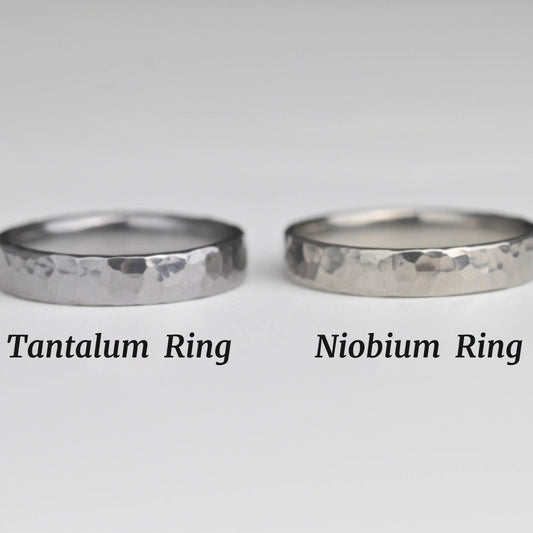Exploring Unique Metals for Wedding Bands Breaking the Mold
Exploring Unique Metals for Wedding Bands Breaking the Mold
When my best friend Sarah dragged me to a local jeweler to help her pick out wedding bands, I expected a straightforward afternoon. Little did I know, the world of wedding rings had dramatically evolved from the standard gold and platinum. Instead of the typical pieces I grew up seeing, rows of rings crafted from unexpected metals caught my eye. Each band whispered its own story, tempting couples to step off the beaten path and forge a unique tale.
Tantalum, for instance, stood out with its velvety blue-gray sheen. An element known to science enthusiasts for its incredible resistance to corrosion, tantalum is as durable as it is distinct. Sarah was drawn to its robustness, perhaps symbolizing the resilience she hoped for in her marriage. Plus, it offered a hypoallergenic option, which was ideal given her fiancé's sensitive skin. Watching her admire its subtle shine, I could see that this was more than just a piece of jewelry; it was a tiny reflection of their bond—hardy and enduring.
Then there was titanium, the material you'd imagine an astronaut might choose. Surprisingly lightweight yet exceptionally strong, titanium appealed to couples valuing practicality without sacrificing style. The jeweler joked it was the “all-terrain vehicle” of wedding bands, perfect for those with an adventurous spirit. A quick glance at Sarah's fiancé, a hiking enthusiast ever ready for the next mountain trail, and I knew they’d found the right fit.
As I slipped on a ring made of brushed tungsten, I felt an unexpected weight. There was something comforting about its density—a steadfast presence that promised longevity. Tungsten's modern look has become a popular choice for those wanting a touch of elegance without the fuss. Though I’m not planning my own wedding anytime soon, I couldn’t help but admire its contemporary charm.
While we browsed, the jeweler mentioned that many couples enjoy the symbolism tied to alternative metals. For some, a palladium ring echoes their love for artsy understated sophistication, while others choose cobalt as a nod to innovation and novelty. In a culture increasingly interested in personalization, such choices allow a couple to wear their values and passions quite literally on their sleeves—or fingers, as it were.
Reflecting back on that afternoon, I realized that wedding bands are no longer just about tradition. They're personalized expressions, a small yet profound detail in the larger tapestry of a relationship. Sarah didn't choose her ring based solely on aesthetics; she selected it for what it represented—a partnership she expects to weather the years with grace and tenacity. If you ask me, that's a pretty remarkable thing to slip onto your finger.
As I waved goodbye to Sarah and her fiancé, now the proud owners of tantalum and titanium bands, I couldn't help but smile. They’d chosen rings as unique as their relationship, and somehow, their choice resonated with me. Change, I suppose, can be beautiful, especially when it shines with intention and meaning.

